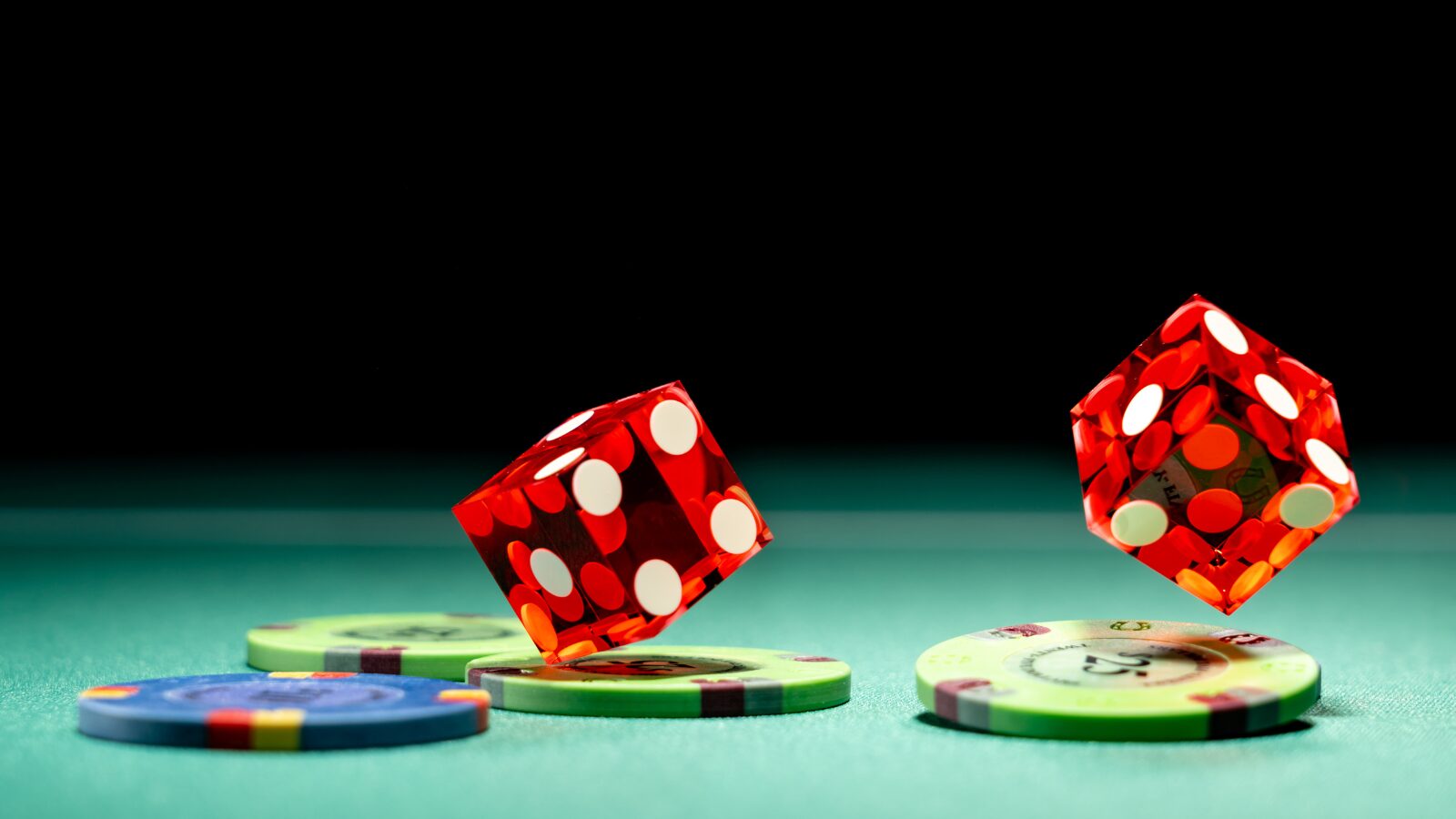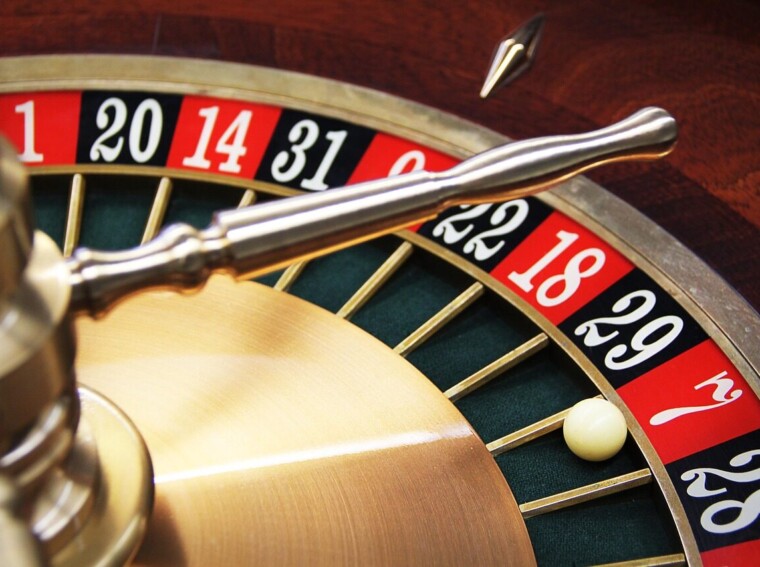Transformations in skill within a game do not stem from a player’s grasp of the rules. The differences arise from adeptness in reading the game’s flow. Online casinos estimated revenue for 2024 is $36.7 billion. The gaming market is becoming increasingly crowded as players of all types emerge. While casino games generally rely on luck, some players do play strategically to an extent. The deeper game mechanics that stem from logic and strategy can drastically improve one’s gameplay through “how-to” guides.
Psychology of Game Mastery
Knowing when a game pays out or when a bet is valid is merely the surface of the game. Understanding player decisions over time, alongside the rhythm of betting can help players understand its nuances. Watching players’ movements and body language can make a difference depending on the game. The need to memorise the paytable is as important as reading the flow. Check out a new online social casino, Sweepspot to start playing slots today.
Let’s take fish games, as they offer an example of this principle. New players may be shooting at any fish they want; however, experienced players know that shooting for the head of the fish is easier (it kills them faster). This type of strategy is not something that is listed in a game manual; it is learned as the player plays and becomes more experienced with the game.
The best players will earn what psychologists refer to as “procedural knowledge” or the ability to perform skills automatically, without (consciously) thinking of each step in the process. When you find fish game choices that match your skill level, you’re positioning yourself to build this type of deep understanding through practice and observation.
Environmental Awareness: Reading the Room

Every casino game follows a rhythm. Some games provide long sequences that reward patience; others condense decisions into bursts of blinding speed. Position at the table, order of play, and observation of other players create conditions for good choices, even where the rules are fixed.
Players who develop situational awareness will physically make fewer impulsive bets and earn more using their “quiet” hands to set up better hands. This awareness is not limited to casino tables. Video gamers can use ranking skills to help with the way we value skins as these are items that can be traded, sold, and even gambled in some instances these days.
From Memory to Model
One helpful way to move past rote memory is to create small mental models of frequent situations, and short “if-this-then-that” diagrams that are adjusted as action happens during the game. Rather than memorising long lists, attempt to group like decisions into small discrete bundles and be able to recall them quickly under pressure.
Then, over time these mental models will become relatively stable, the recurring scenarios will become familiar as muscle memory kicks in, expected value comparisons will happen more quickly, and default choices will change as limits, rhythm, or opponent tendencies change. There are plenty of gaming initiatives emphasising the idea that structured practice and evidence-based training can sharpen decision making within gambling environments.
Information Quality and House-Edge Literacy
Knowledge about the house edge and how rules are represented is part of the learning process associated with game flow. All regulators highlight that players must have access to clearly displayed rules and guides articulating expected outcomes. The UK Gambling Commission’s guidance on displaying rules and player guides advises on the regulation of how rules and player guides are displayed is one way that regulators can draw transparency to support informed decision making.
Emotional Education in Games
Successful players also acquire emotional education in relation to their gaming behavior by learning to become aware of when frustration is compromising decision-making, self-assess their own risk-to-tolerance limits when playing, and keep their wins and losses in perspective.
For much hands-on learning, these psychological skills may be worth more than perfect technical knowledge. Players who adopt this more holistic approach to learning will always outperform those who merely memorise a set of instructions.
